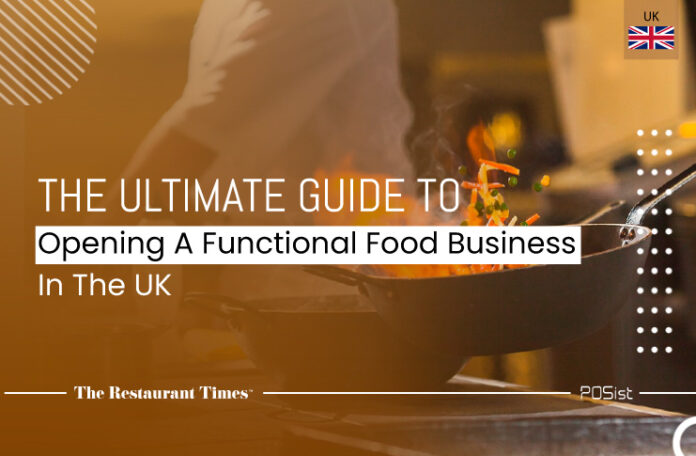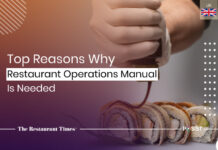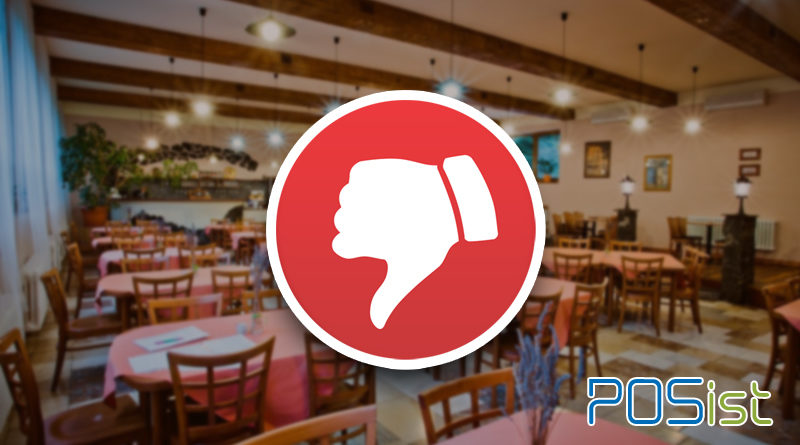Health has become a priority for consumers since the outbreak of the COVID-19 pandemic. Most consumers now take greater ownership of their health and have started to put a stronger emphasis on preventive health measures. Hence, people now prefer natural solutions over artificial cures offered in the form of vitamins or other supplements.
This growing consciousness among people regarding health has unlocked opportunities for entrepreneurs to venture into the space of functional food. In 2019, the UK government mandated the fortification of flour with folic acid to impede inborn disabilities in children.
The market size of functional food globally, valued at USD 178 billion in 2019, is projected to reach USD 268 billion by 2027, indicating a CAGR of 5.2% during the forecast period. Increasing health consciousness among people and adequate support from the government can become the primary growth driver for this segment of food in the future.
What Is A Functional Food Business?
Functional food boosts our immune system and provides supplementary health benefits beyond essential nutrition. Some of the critical ingredients of functional food include minerals, vitamins, amino acids, proteins, prebiotics, probiotics, and dietary fibres. Food items fortified with beneficial nutrients or deliberately manufactured free from components, such as lactose or gluten, fall under this category.
Step-by-step Guide To Start A Functional Food Business In The UK
Although there is an evident market opportunity for a functional food business, starting a food business in the UK can be challenging. But not to worry, as this blog post will make things easier for you by providing step-by-step guidance to open a functional food business in the UK.
1. Create A Business Plan
It will help if you start with a well-documented business plan as it will minimise the probability of failure. A well-thought-out plan takes cognisance of various future aspects of your business, such as capital outlay, expected cash flow, payback period, etc. Besides, it includes production plans, operational plans, organisational plans, and sales & marketing plans.
2. Get Licenses and Approvals
You should get the following licenses and approvals if you are planning to start a functional food business in the UK:
-
Food Business Registration
It will help if you get your business registered with the local authorities at least 28 days prior to starting the food outlet. Otherwise, you will either be fined or jailed for up to 2 years or both. If you plan to sell food supplements, you need to be registered as a Food Business Operator (FBO).
-
Food Premise Approval
If you are serving egg, meat, fish, and dairy products, you must get this approval from the local authority. Please note that operating an unauthorised food business is considered a criminal offence punishable by law.
-
Premises License
You should apply for this license if you plan to run the food business outside the standard operating hours (11 pm to 5 am). The license cost varies from one business to another based on the value of the premises.

3. Design The Menu
Avoid designing a menu card with wildly exotic ingredients as it may scare off many consumers since they may not be in the mood to experiment. The menu should have things they have heard of, such as oats, fibres, whole grains, omega-3s, antioxidants, and super fruits.
Also, you must carry out conventional shelf testing. Otherwise, functional ingredients can develop bitter caustic flavours or experience undesirable colour changes if stored beyond shelf life. The bottom line is that the menu should have only those dishes that can generate revenue.
4. Choose The Location
Selecting the location is critical as it may make or break your food business. The selection needs to take cognisance of various factors, such as footfall, consumer eating habits, etc. Also, ensure that the establishment has access to an uninterrupted supply of all essential utilities.
5. Hire Staff And Purchase Equipment
You should hire competent staff that understands the concept of your business (functional food in this case) so that they can serve your consumers in the best way. Next, you need to purchase the required equipment based on the offering of your business. Some of the most basic equipment includes ovens, burners, utensils, and cutting counters.
6. Promote The Outlet
In order to create awareness about your outlet and establish a loyal customer base, it is essential to market and promotes the establishment through appropriate channels, like:
- Leverage social media, such as YouTube, Facebook, Instagram, and Twitter, by creating attractive posts.
- Tie up with food delivery apps to create a presence on the virtual platform.
- Use the CRM module of a POS system to offer discounts to customers on their birthdays and anniversaries.
- Build an engaging website providing necessary information about the outlet.
7. Choose The Vendors
You need to select reputable suppliers and vendors registered with the local authority. Given the criticality of the offering of functional food business, vendor selection is a critical aspect of the business. Further, it will help if you have multiple vendors, as reliance on a single vendor can result in business continuity risk.
8. Invest In Technology
Investment in a good POS system can make day-to-day operations much faster and easier. It can handle almost every aspect of the business, such as ordering, billing, queue management, inventory management, and loyalty programs. It can also generate accurate and comprehensive reports that help track business progress in real-time. Overall, it translates into higher revenues, greater efficiency, and better profitability.
If you are looking to start a functional food business, then the emerging trends and the imminent growth potential in this space indicate that it is the right time to start a functional food business in the UK. However, it will help if you have a sound plan to start a food business in the competitive UK food industry. So, just follow the steps mentioned above, and soon you will become the proud owner of a successful functional food business in the UK.

















